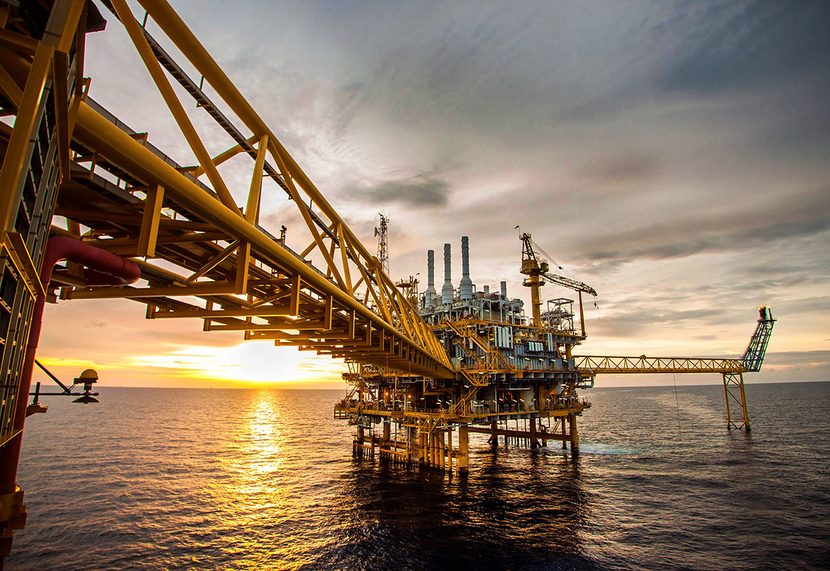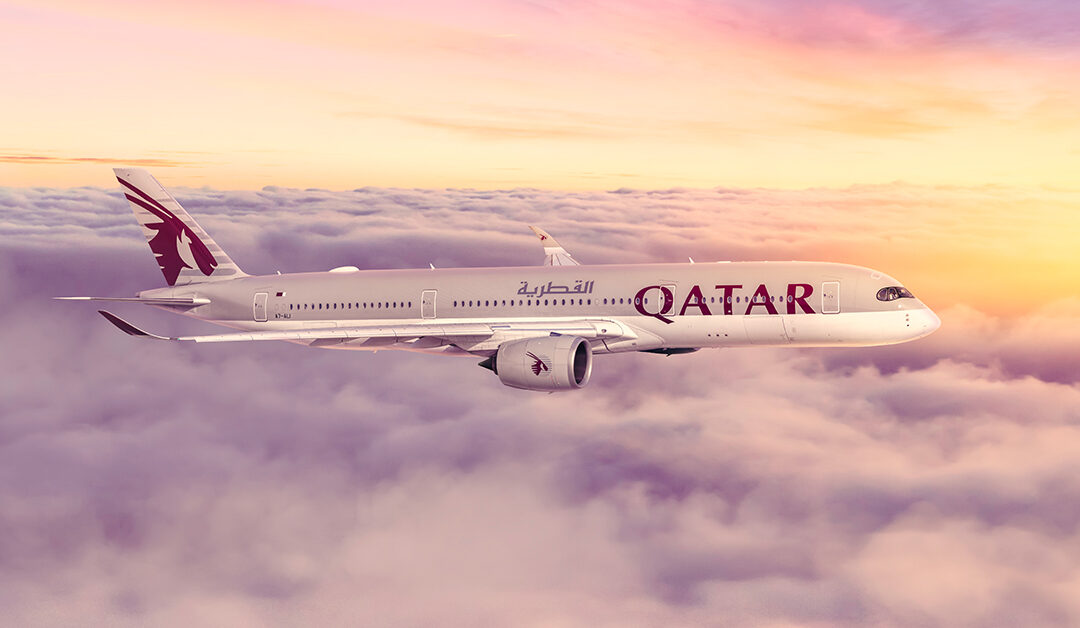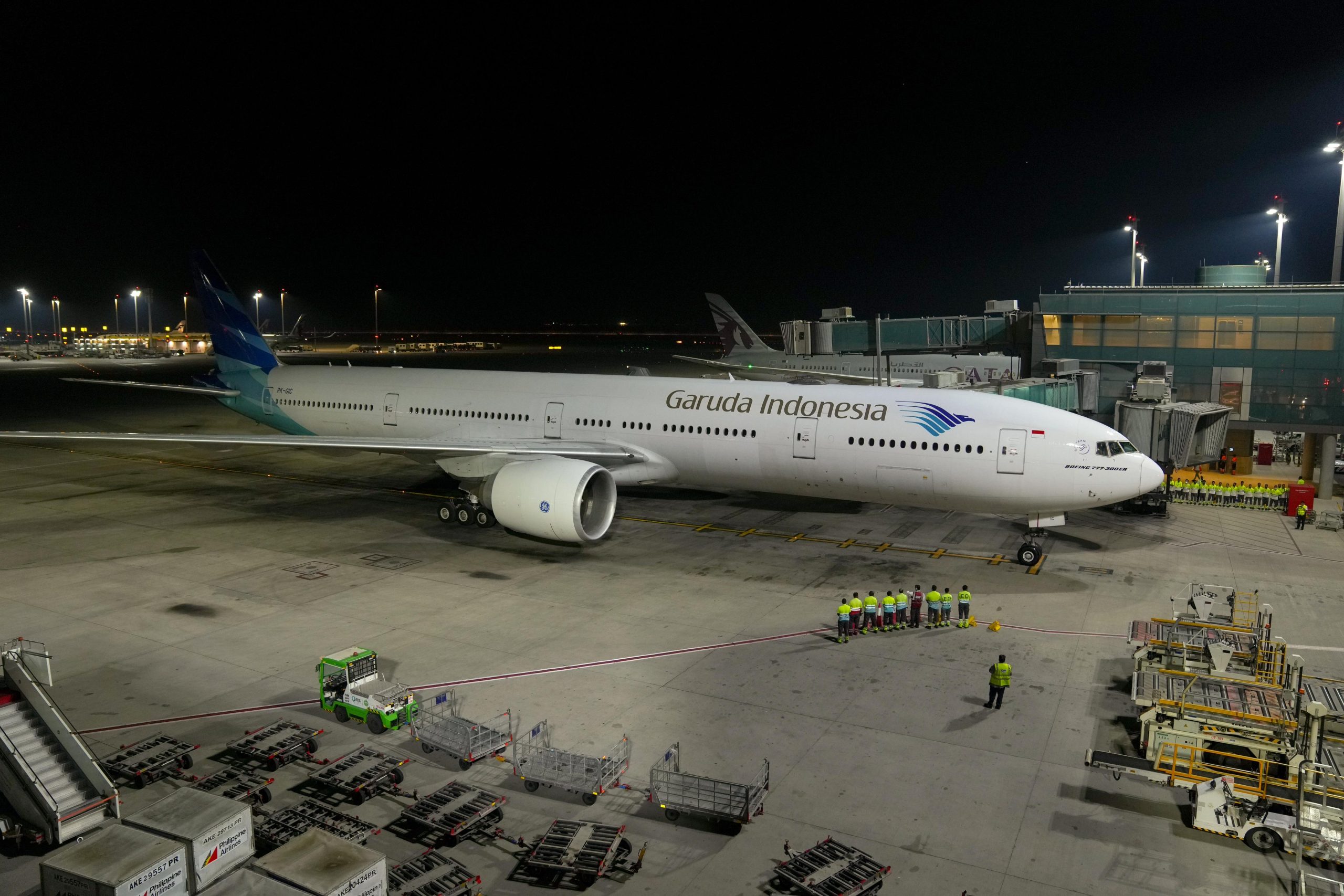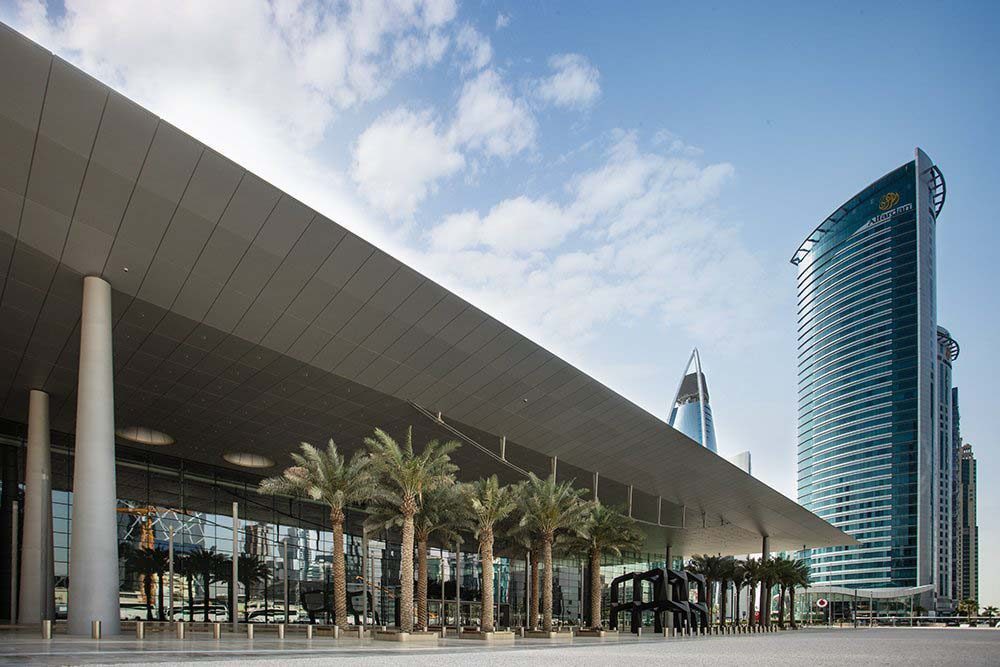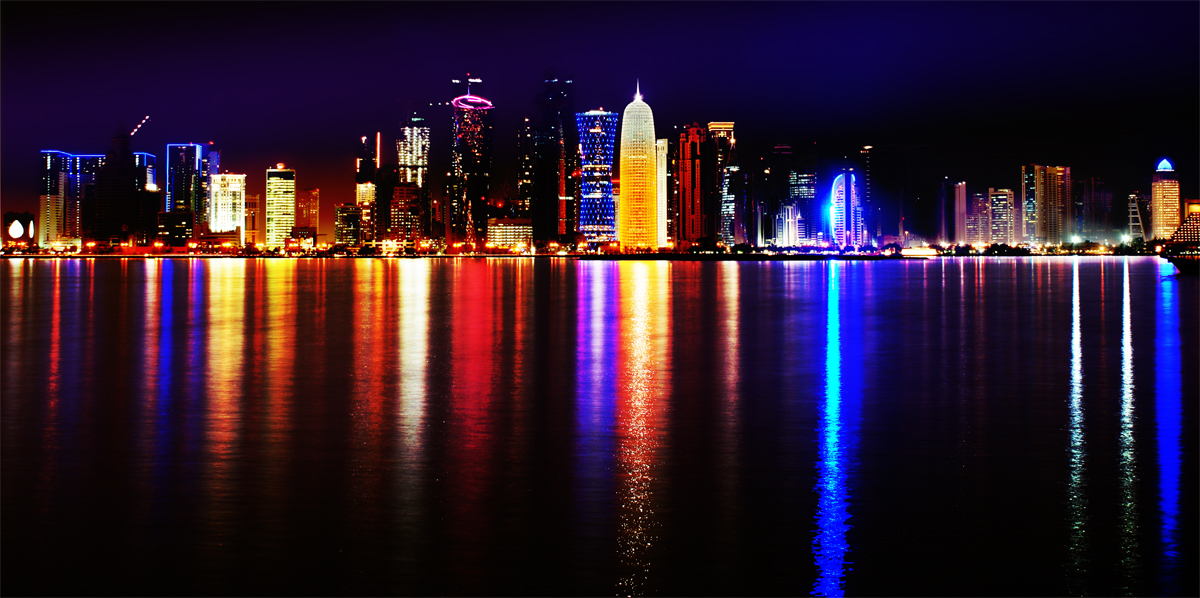
The UAE’s decision to remove transport fuel subsidies and raise petrol prices could encourage other GCC nations to follow suit, ratings agency Fitch has said.
In a statement, the firm said:
“We think that governments in the region understand the benefits of subsidy reform, including both fiscal cost savings, and more efficient resource allocation and energy consumption. However, reforms have so far have been uneven and incomplete.”
As of Aug. 1, gasoline and diesel prices in the UAE will be calculated after taking global prices into account. The new prices will be announced a few days before the start of each month, but shouldn’t have a notable impact on individuals’ costs of living, the country’s energy minister said.

The move comes after a collapse in oil prices and renewed calls from the International Monetary Fund for Gulf countries to reform their subsidy schemes.
In recent years, ministers in both Oman and the UAE have spoken about tackling the issue, which also involves utilities like water and energy.
“You will never have a strong economy if you are subsidizing,” UAE Energy Minister Suhail Al Mazrouei told reporters in June 2014, according to Bloomberg. “In consumption of electricity, we are two to three times the global average, and we are not happy about that level.”
Meanwhile, in May, Bahrain, one of the countries hit hardest by lower oil prices, said it would cut subsidies for expats but did not give any timeline for implementing reforms, Reuters reported.
Qatar questions
However, it remains unclear if government officials in Qatar would embrace the idea of cutting fuel subsidies.
Petrol prices in Qatar are among the most affordable in the world, according to a recent survey by vehicle sales website Carmudi.

Retail prices are frozen at QR1 (US$0.27) for a liter of “super” and QR0.85 ($0.23) for a liter of “premium” petrol.
So far, there has been no public suggestion by officials that the country is considering a reduction in subsidies, though in one of his first national addresses, Emir Sheikh Tamim bin Hamad Al Thani highlighted the need to not squander money.
Still, according to the IMF, fuel subsidies only account for 1.64 percent of Qatar’s GDP, which is the lowest among the Gulf countries.
Saudi Arabia and Bahrain are among the highest, with pre-tax energy subsidies in 2015 accounting for 4.62 percent of GDP, Fitch states.
Thoughts?


